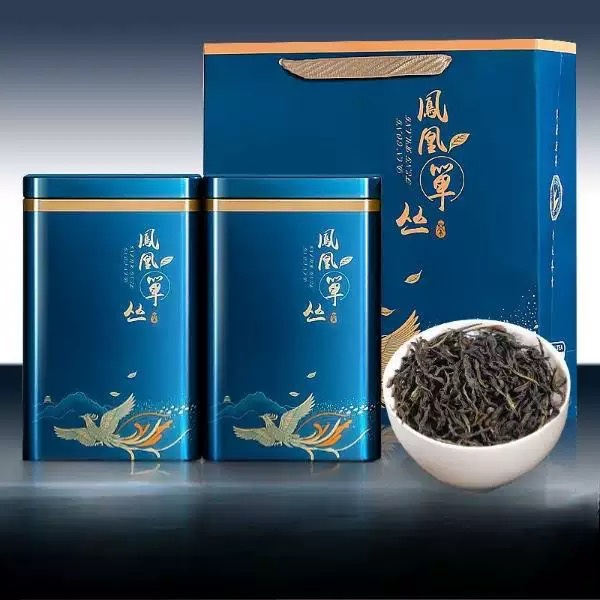
,文章长度约1000字,要符合SEO优化要求,包含h1、h2、h3等标题,文章要通俗易懂,有科学依据,并包含相关研究数据。html
Oolong Tea’s Impact on Metabolic Rate and Fat Oxidation
Oolong tea, a traditional Chinese tea with a rich history, has gained popularity worldwide for its potential health benefits. Among its many touted advantages, its ability to influence metabolism and fat oxidation has garnered significant attention. This article delves into the science behind oolong tea’s effects on metabolic rate and fat burning, providing evidence-based insights.
Understanding Oolong Tea
Oolong tea is a partially oxidized tea, falling between green tea (unoxidized) and black tea (fully oxidized). This unique processing method gives oolong tea its distinctive flavor profile and a diverse range of bioactive compounds, including polyphenols, catechins, and caffeine.
Key Bioactive Compounds in Oolong Tea
The metabolic benefits of oolong tea are primarily attributed to its rich content of:
- Polyphenols: Powerful antioxidants that may enhance fat metabolism
- Catechins: Particularly EGCG, which has been shown to boost thermogenesis
- Caffeine: A well-known stimulant that can increase energy expenditure
- Theaflavins and Thearubigins: Unique compounds formed during oxidation
Oolong Tea and Metabolic Rate
Several studies have investigated oolong tea’s effect on resting metabolic rate (RMR), which represents the number of calories your body burns at rest. Research suggests that oolong tea may increase RMR by 3-10% for several hours after consumption.
Scientific Evidence
A 2001 study published in the Journal of Nutrition found that oolong tea consumption increased energy expenditure by 2.9% and fat oxidation by 12% compared to water. Another study in 2003 demonstrated that oolong tea elevated energy expenditure by 10% for two hours after drinking.
These effects are believed to result from the synergistic action of caffeine and tea polyphenols, which may:
- Stimulate the sympathetic nervous system
- Enhance norepinephrine activity
- Promote fat breakdown in adipose tissue
Fat Oxidation and Oolong Tea
Fat oxidation refers to the process by which your body breaks down fat molecules for energy. Oolong tea appears to enhance this process through multiple mechanisms:
Keyword: Oolong Tea and Metabolism
Mechanisms of Action
- Lipolysis Stimulation: Oolong tea compounds may activate enzymes that break down stored fat
- Thermogenesis Enhancement: The tea may increase heat production, leading to more calories burned
- Fat Absorption Inhibition: Some compounds may reduce dietary fat absorption in the gut
- Mitochondrial Function: May improve fat utilization in energy-producing mitochondria
Clinical Findings
A 2009 study involving 102 overweight subjects found that daily oolong tea consumption for six weeks resulted in significant reductions in body weight and body fat percentage. Participants who consumed oolong tea burned approximately 67% more fat during exercise compared to the control group.